

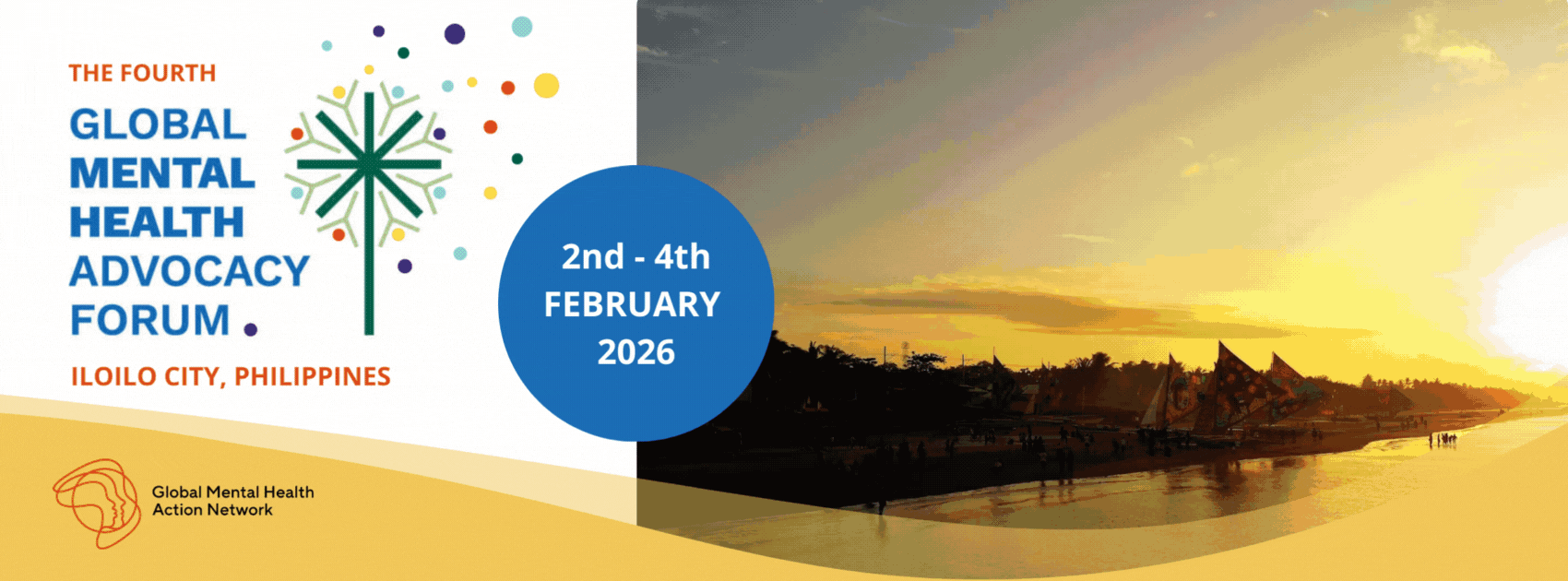
Participerez-vous en personne ou en ligne ? Quel que soit votre mode de participation, l'inscription est entièrement gratuite . Le Réseau Action s'engage à repenser le paysage mondial de la santé mentale et à garantir que toutes les voix soient entendues .
Les candidatures aux bourses de voyage sont désormais closes. Tous les candidats seront informés en octobre. Les candidats non retenus seront inscrits en ligne, mais auront également la possibilité de postuler pour une place autofinancée.
Le plus grand rassemblement mondial sur la santé mentale prend de l'ampleur ! Nous avons officiellement rempli 100 % de nos places en présentiel. Cependant, face à une forte demande , nous ouvrons des places supplémentaires pour que nos membres puissent nous rejoindre à Iloilo pour cet événement phare. L'inscription étant gratuite, les participants autofinancés n'auront qu'à couvrir leurs frais de vol, d'hébergement et de séjour pour la durée de leur séjour. Nous estimons les frais d'hôtel entre 3 000 et 5 000 PHP (50 à 90 $) par nuit .














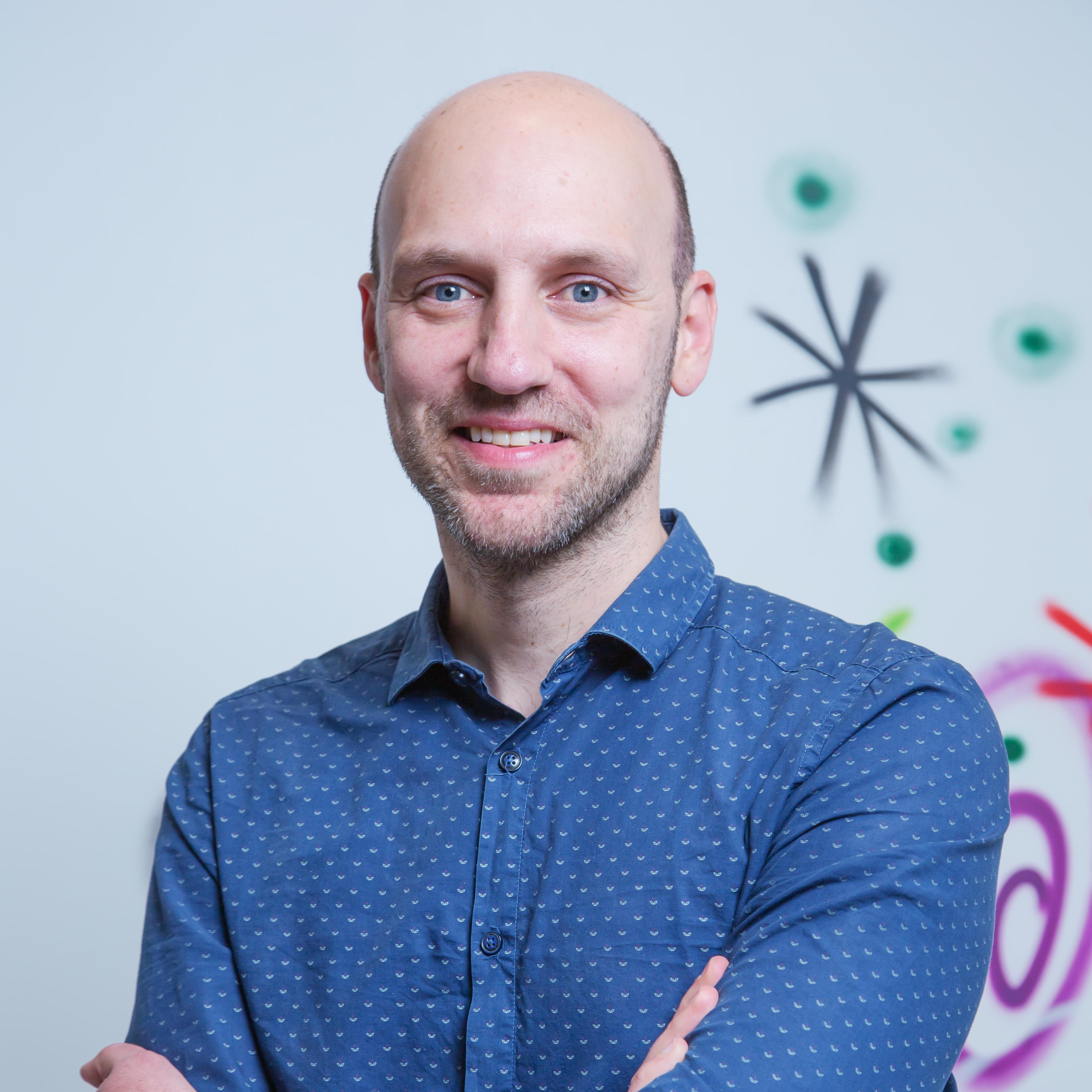









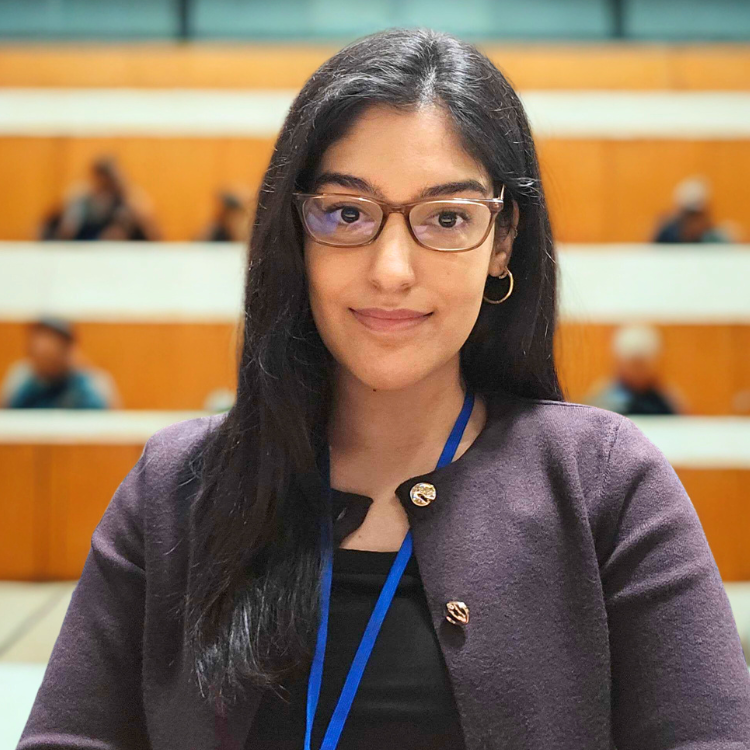



















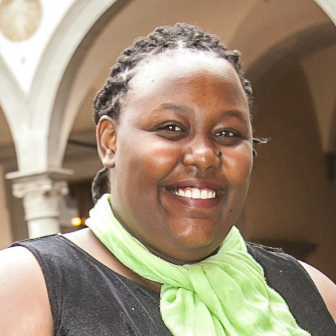













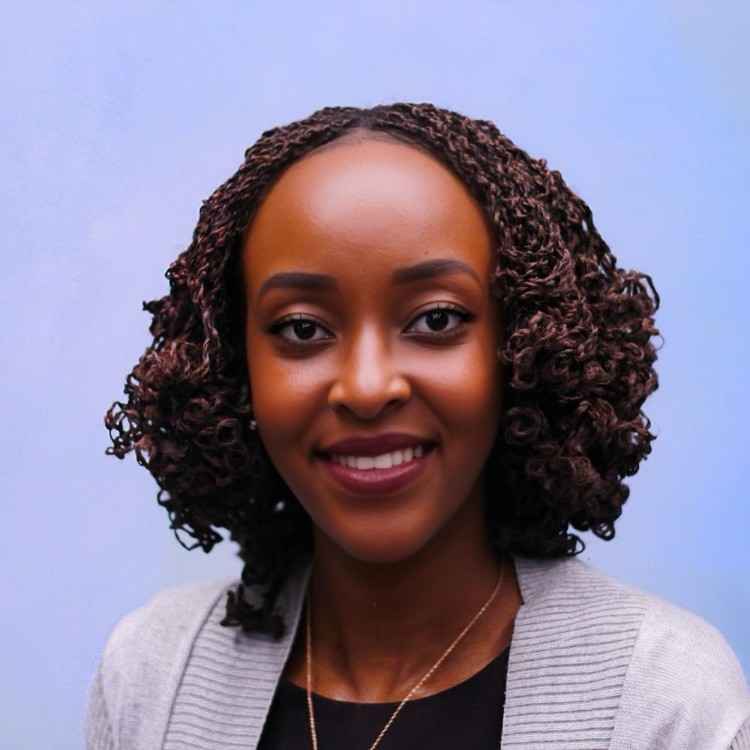

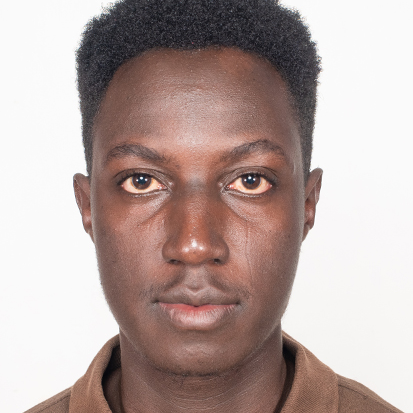























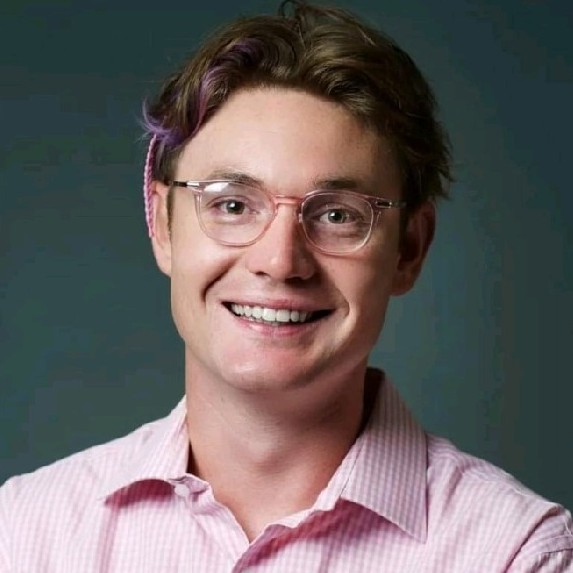













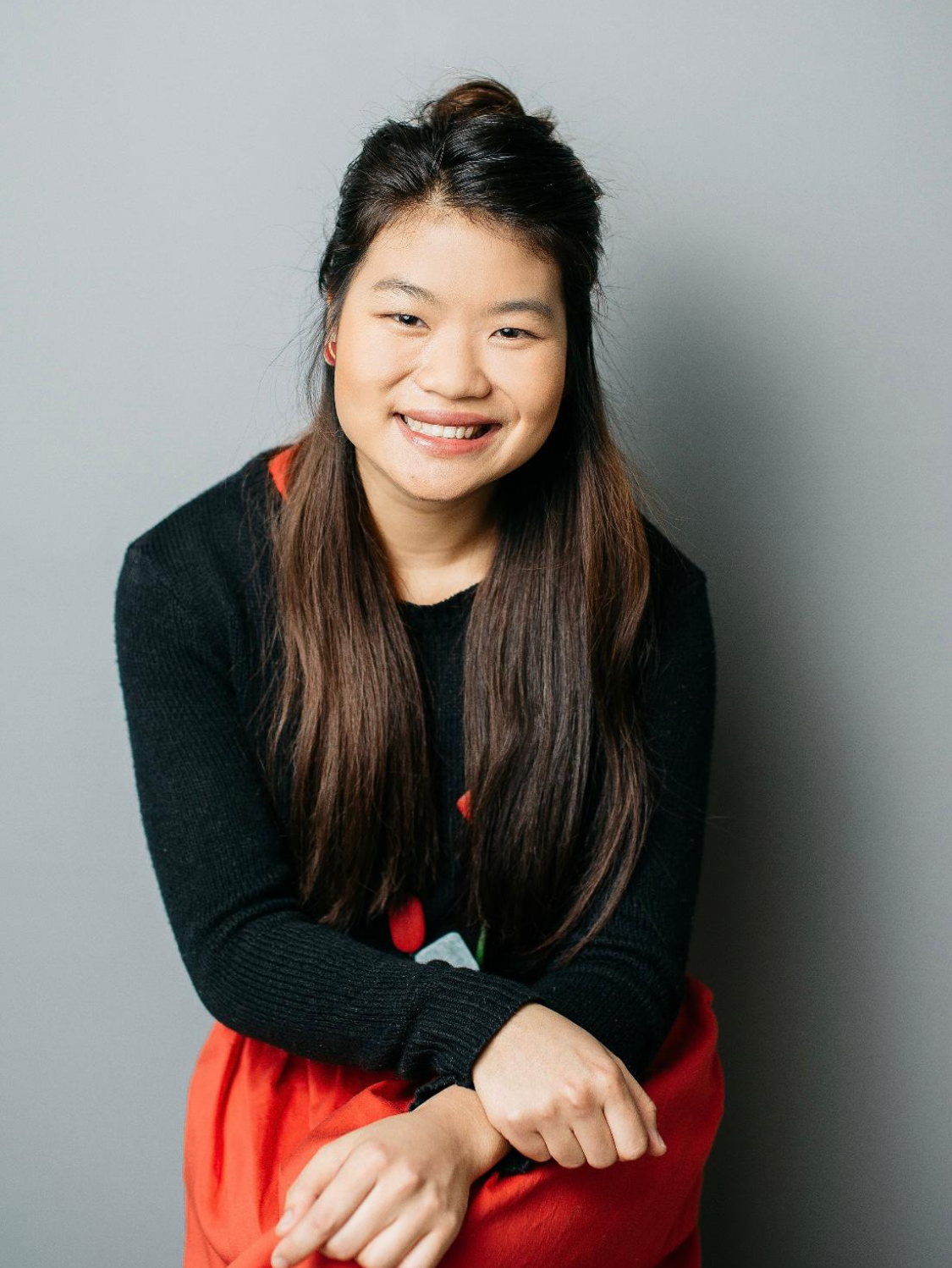















































The Philippines has made incredible progress in mental health, from upgraded legislation, to leading digital innovations and significant government funding commitments. There’s so much we can learn from these achievements, as well as the country’s traditional and local approaches to power sharing, healing and community development. Iloilo City is the perfect place to showcase them.
Iloilo is a bold and meaningful choice. The city is known for its progressive approach to sustainability, climate action, and mental health education in schools. It is deeply rooted in history, with preserved heritage sites, and an exciting food scene that landed it the prestigious title of 'UNESCO City of Gastronomy' in 2023. We look forward to welcoming you to the Philippines' 'City of Love' next year!
Les Philippines ont réalisé des progrès considérables en matière de santé mentale, grâce à une législation modernisée, des innovations numériques de pointe et des engagements financiers gouvernementaux importants. Nous avons beaucoup à apprendre de ces réussites, ainsi que des approches traditionnelles et locales du pays en matière de partage du pouvoir, de guérison et de développement communautaire. La ville d'Iloilo est l'endroit idéal pour les mettre en avant.
Iloilo est un choix audacieux et significatif. La ville est connue pour son approche progressiste en matière de développement durable, d'action climatique et d'éducation à la santé mentale dans les écoles. Profondément ancrée dans l'histoire, elle possède un patrimoine préservé et une scène gastronomique passionnante qui lui a valu le prestigieux titre de « Ville UNESCO de la gastronomie » en 2023. Nous avons hâte de vous accueillir dans la « Ville de l'amour » des Philippines l'année prochaine !

This site uses cookies to provide essential functionalit and, to help us understand how people find and use the site.
Select Accept to consent or Reject to decline non-essential cookies for this use.